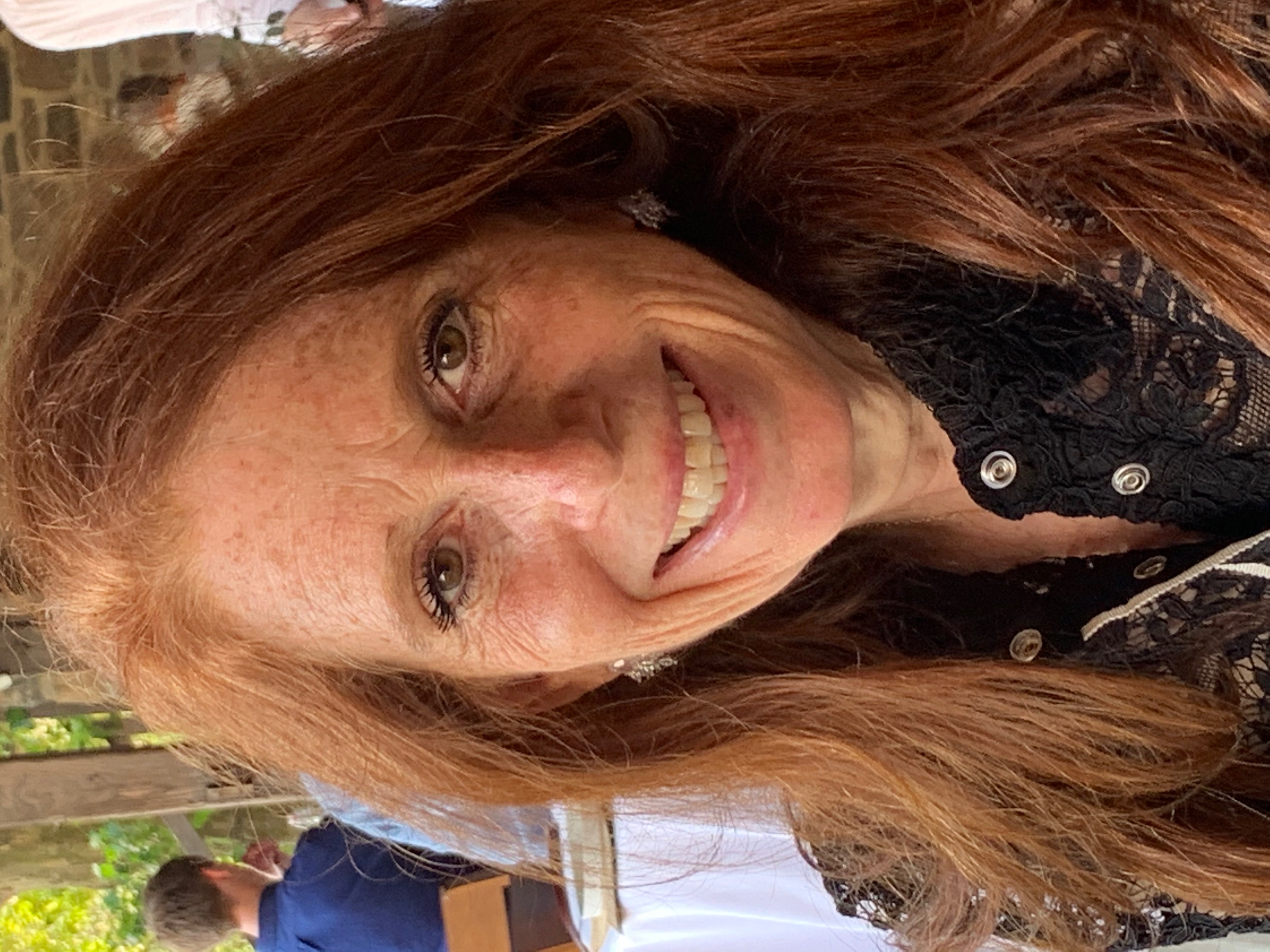Back to Alliance Media and Publications
Navigating Cancer Care for Patients without Authorized Immigration Status at MSKCC
January 6, 2025

Supporting Patients through the Integrated Cancer Care Access Network (ICCAN)
When it comes to accessing cancer care, immigrants without authorized immigration status face significant obstacles, compounded by fears of deportation, language barriers and confusion about available resources. In New York City, home to a large immigrant population, Alliance grantee Memorial Sloan Kettering Cancer Center provides support to patients via the Integrated Cancer Care Access Network (ICCAN). Through the Alliance, MSKCC is growing the program to serve more underserved communities in urban health care environments. The expansion aims to mitigate the impact of social drivers of health (SDOH) on patients, while building language support infrastructure and enhancing access to patient-centered cancer care, ultimately improving treatment outcomes.
A Case Study: HG's Journey with ICCAN
One patient, HG, immigrated to the U.S. in the early 2000s and was diagnosed with sarcoma at age 63. As a solely Spanish-speaking patient, HG encountered significant language and cultural barriers that hindered his access to important health information and support services. ICCAN connected him with a bilingual Spanish-speaking Access Facilitator-Navigator who guided him to the services he needed.
HG’s Access Facilitator-Navigator met him before his appointment with his oncologist to review his options and guide him through financial assistance applications, providing translations of documents as needed. This in-person meeting laid the foundation of his and his navigator's collaboration over the next couple of months. ICCAN connected HG to legal, financial and dental services in NYC. His Access Facilitator-Navigator assisted him with counseling, support groups in Spanish and financial aid for housing. HG also received biweekly groceries and nutritional supplements from the ICCAN Food to Overcome Outcome Disparities (FOOD) Program.
When hospital transport vouchers expired, his Access Facilitator-Navigator arranged Medicaid transport for his daily radiation. ICCAN provided HG with a donated smartphone and telehealth training, allowing him to access care and manage appointments independently. Additionally, he received an ICCAN gift card for personal hygiene items. Beyond practical support, HG and his Access Facilitator-Navigator chatted about how he spent his birthday the day before with his three-year-old grandson. This highlights ICCAN’s holistic approach: treating patients as individuals with lives, families and stories, even in a vast health care system where English remains the primary language.
HG has since completed chemotherapy and radiation therapy and is in the process of recovery. He reports feeling much more informed about his healthcare and states that the services provided have greatly improved his quality of life.

Q&A with Francesca Gany, M.D., M.S.
Dr. Gany is the Chief of Immigrant Health and Cancer Disparities Service and Director of Center for Immigrant Health and Cancer Disparities at MSKCC. She also serves as Program Director at the Alliance.
Q: When it comes to social drivers of health, which are you finding to be the most relevant when it comes to immigrants without authorized immigration status?
A: From July 1, 2023, to October 1, 2024, ICCAN has navigated 68 patients who have Emergency Medicaid [medical coverage provided to uninsured individuals who do not qualify for Medicaid, often due to citizenship/immigration status]. We’ve found that in this population of patients, the top needs are income support, food access, housing, employment, transportation and legal services.
Q: What are the unique challenges when it comes to navigating immigrants without authorized immigration status?
A: Through our work, we’ve found that some resources may require a social security number, including many financial assistance grants, even those from non-governmental sources. With housing needs, patients may be renting rooms or basements that do not have formal leases; however, many organizations that provide rental assistance require lease agreements. Patients may be concerned about how their use of health care and other public benefits and services might affect their future immigration status: Will they be deemed a “public charge,” an individual that may primarily be dependent on the government for support?
It’s important to note that currently, using health care services does not deem someone a public charge. However, policies may change, and it’s essential to stay informed on these to ensure that individuals are properly advised. ICCAN Access Facilitator-Navigators are trained to have these discussions with patients in a trusted environment.
Q: How is ICCAN accommodating these specific needs?
A: Access Facilitator-Navigators work with patients without authorized immigration status to connect them to resources for which they—and their families—are eligible. For example, patients are queried on the eligibility of their family members, e.g. their U.S.-born children, for benefits such as the Supplemental Nutrition Assistance Program. The ICCAN team also works closely with legal services organizations that provide free immigration counselling and services.
Q: Are immigrants without authorized immigration status more likely to have a delayed cancer diagnosis?
A: Anything that hinders access to screening or to other health care services, such as ineligibility for health insurance, fears of deportation and fear of being labelled as a “public charge” can lead to a delayed cancer diagnosis. Our Alliance project works to mitigate these barriers to treatment, to get patients the care they need, regardless of immigration status.
Written by: Alyson Chin and Meghan Gunn